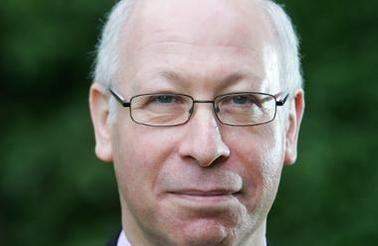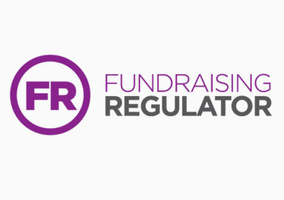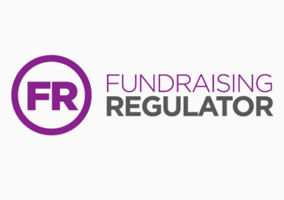The Fundraising Regulator has seen a 24% increase in complaints since November last year, an event heard today.
Speaking at the regulator’s annual event at the British Museum, chief executive Gerald Oppenheim said that there has been a “marked increase” in complaints to the regulator.
However, he said this was an “unlikely measure of success” as this is a marker of “consistent public engagement”.
The Fundraising Regulator’s casework volumes have steadily increased since 2019-20, from 836 that year to 1,035 in 2020-21 and 1,056 in 2021-22.
Oppenheim added: “Since November 2022. We've seen a 24% increase in incoming cases, so that 1,056 that you see for the year ending 31 August 2022 is showing a marked increase at the moment.”
Main themes of complaints
Jenny Williams, chair of the complaints and investigations committee at the regulator, said the main complaints charities receive are around misleading information, the behaviour of fundraisers and attitude to vulnerable people.
While most charities are already paying a huge amount of attention to complaints, its these areas that are recurring, Williams said.
“Charities need more consciousness of if they are misleading. Very often we see charities are not intentionally misleading, it's mostly, if you like, enthusiasm for the cause. But is what you're saying true, fair, open, and transparent - or could it mislead behaviour it? So I suppose, particularly with if you're using third parties to fundraise for you, you need an oversight of their behaviour.”
Williams also encouraged charities to use the Fundraising Regulator’s self-reporting tool.
Oppenheim, meanwhile, said some of the increase in complaints was due to charities returning to in-person fundraising after the pandemic.
He said: “Data from the charities sample showed an increase in complaints for some methods, but this was a proportional rise in line with increased activity.”
Changes to the fundraising levy imminent
Lord Harris, chair of the Fundraising Regulator, said the organisation is looking to improve and update its services, but this is dependent on a funding increase.
This will come in the form of changes to the fundraising levy, a voluntary payment by charities in England, Wales and Northern Ireland with an annual spend of over £100,000 on their fundraising activities.
The levy fee band for each charity is based on the fundraising expenditure recorded in its published accounts. Harris emphasised how this levy fee has not changed since the Fundraising Regulator began in 2016.
Over the past two years, 98% of the charities eligible to pay the levy have done so. Harris said this demonstrates “the charity sector[s] commitment to independent regulation.”
‘When you have £2bn spent on fundraising, it’s important its properly regulated’
Harris continued: “Collectively, the UK largest charitable fundraising organisations spend about £2bn carrying out their fundraising activities. Therefore, the cost of the levy represents about 0.1% of overall fundraising expenditure.
“We are conscious of the pressures on charities as well as on our own costs, which have been affected by the current economic climate the levy review will consider both the regulator and the charity sector’s changing needs.
“But I think when you have £2bn spent on fundraising, it is important that that is properly regulated.”
‘We want the larger charities to bear their share’
During a panel discussion, the charity sector professionals were asked if this is the right time to make changes to the increase the levy.
Jill Thompson, the chair of the finance, audit and risk committee, said the regulator believes it is the right time to change the levy.
She said: “We, like you all, are facing cost increases. Costs particularly of staffing have gone up and we, like you, are seeking to retain and recruit the best people in the sector to do the work for us. And that is costing us more.
“More importantly going forward, we just want to check again that we are spreading the cost across the sector appropriately. There's a huge difference in the amount of money that individual charities are spending on their fundraising. And we want to check and be happy that people are paying what is a fair amount of money across the sector. We want, frankly, the larger charities to bear their share.”
She went on to say that larger charities are benefitting from the regulator, and with more resources than the majority of the sector, they want to ensure the amount they pay is respectful of that.
“We want to be clear and happy that the relative spend across the size of charity is appropriate,” she said.
It is “very unlikely” the regulator will change the way that the levy band fee is structured, she clarified.
Related articles











